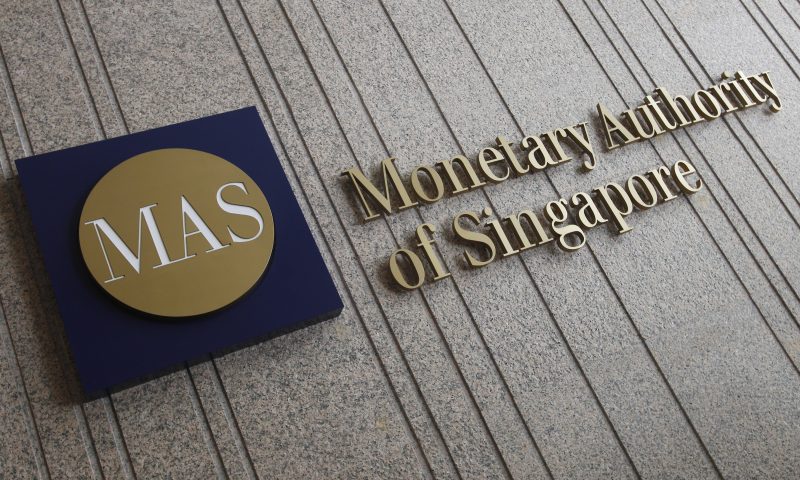According to the Money Laundering Risk Assessment Report by Singapore’s central bank, the banking sector poses the highest money laundering risk to the country. The report also highlights risks associated with digital assets and cryptocurrencies. In response, the Monetary Authority of Singapore (MAS) has implemented stringent regulatory measures under the Payment Services Act (PS Act).
Singapore’s Money Laundering Risk Assessment Report
The Monetary Authority of Singapore (MAS) released the “Money Laundering Risk Assessment Report Singapore 2024” on June 20. The report outlines Singapore’s ongoing efforts to strengthen its anti-money laundering (AML) framework amidst an evolving risk environment. It provides an extensive analysis of Singapore’s primary money laundering (ML) risks, using a variety of qualitative and quantitative indicators related to threats, vulnerabilities, and control measures.
Key Money Laundering Threats
The report identifies several key ML threats, including:
- Cyber-enabled fraud
- Organized crime
- Corruption
- Tax crimes
- Trade-based money laundering
Banking Sector at High Risk
The report emphasizes that the banking sector has the highest money laundering risk due to its wide range of services and transaction volumes. The extensive services and scale of transactions make banks vulnerable to various money laundering typologies such as self-laundering, third-party laundering, and the misuse of corporate and individual accounts for layering and integrating illicit funds. The report states:
“The banking sector has been assessed to pose the highest ML risk to Singapore.”
Risks in Digital Assets and Cryptocurrencies
The report also highlights significant risks related to digital assets and cryptocurrencies. Digital payment tokens (DPTs) have emerged as conduits for money laundering, with criminals exploiting these tokens through cyber-enabled fraud, ransomware, and darknet market transactions.
Also Read: Mt. Gox Trustee to Begin Bitcoin and Bitcoin Cash Repayments in July
Regulatory Measures Under the Payment Services Act
To address these risks, MAS has implemented stringent regulatory measures under the Payment Services Act (PS Act). Digital payment token service providers must:
- Obtain licenses
- Comply with anti-money laundering (AML) and countering the financing of terrorism (CFT) requirements
MAS conducts regular thematic inspections and offsite surveillance, issuing guidance papers to enhance industry awareness and control measures. Continuous engagement with the industry through townhalls, outreach sessions, and advisories aims to maintain robust AML/CFT standards in the digital payment token sector.
